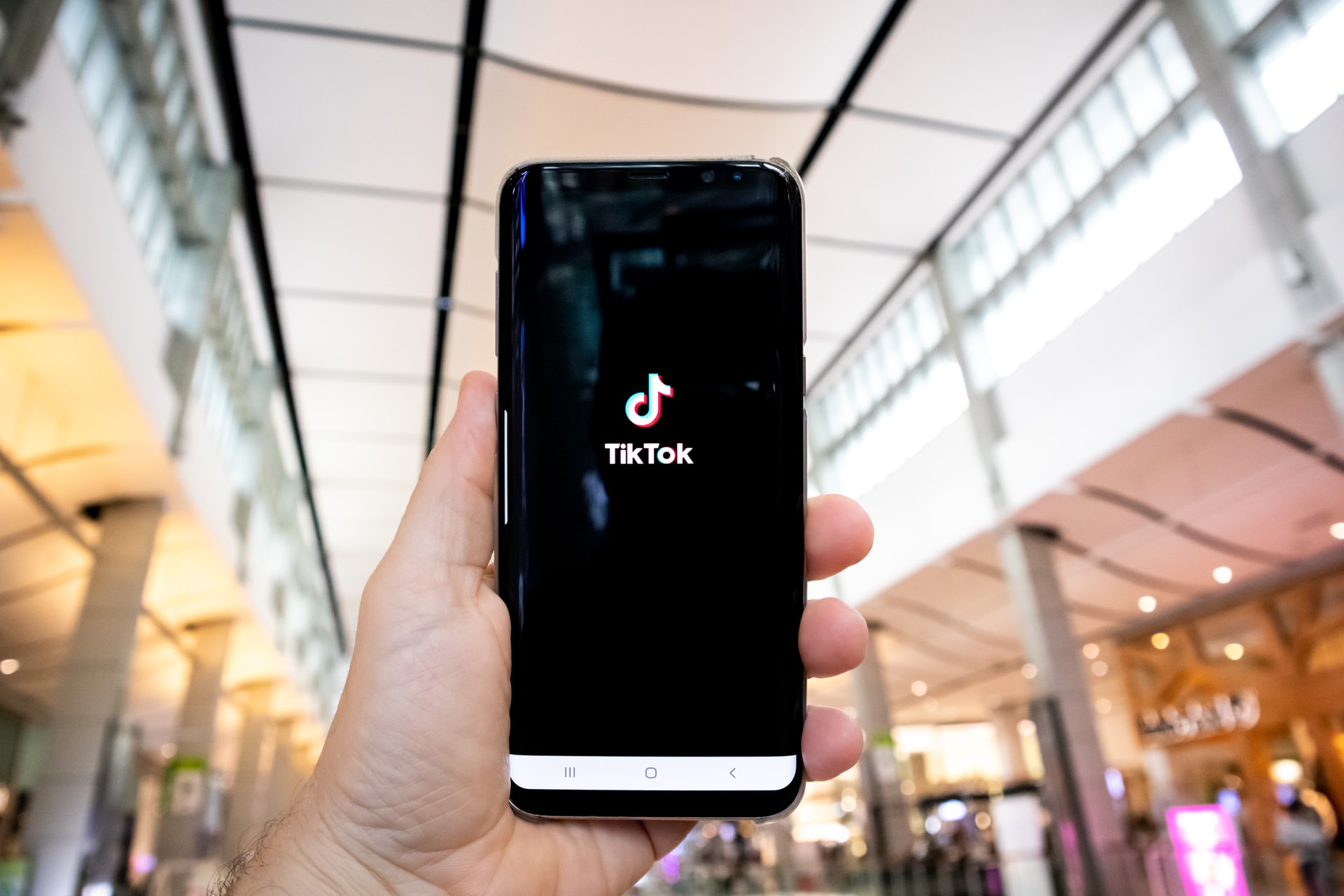TikTok is expanding its ‘state-affiliated’ labelling to 43 countries, including Malta in an effort to further transparency.
“Our state-affiliated media policy is to label accounts run by entities whose editorial output or decision-making process is subject to control or influence by a government. Our goal in labelling state-affiliated media is to ensure people have accurate, transparent, and actionable context when they engage with content from media accounts that may present the viewpoint of a government,” read the statement by the company’s Global Head of Trust & Safety, Justin Erlich.
According to the Washington Times, the company introduced the labelling feature in March 2022, following the Russian invasion of Ukraine in an effort to crack down on fake news regarding the war.
The categorisation will be determined by answering the following questions:
- Is editorial independence part of the organisation’s mission statement?
- Does the organisation have a set of guidelines related to standards of journalistic conduct?
- Are there any state affiliations within management or editorial leadership positions?
- Has the organisation transparently disclosed any state affiliations?
- Is there evidence of the media outlet not upholding its editorial guidelines?
- How has the entity handled issues of significant public interest regarding the government?
At the time of writing, Maltese state entities do not have a noticeable presence on TikTok, so the scale of domestic impact will likely be fairly limited for the time being. However, it does also make it possible that party-owned media outlets run by the party in Government, could be labelled as state-affiliated.

Here is the full list of countries where users will see the “state-controlled media” label:
Afghanistan, Armenia, Austria, Azerbaijan, Belgium, Bulgaria, Canada, China, Croatia, Czech Republic, Denmark, Estonia, Finland, France, Georgia, Germany, Greece, Hungary, Ireland, Italy, Japan, Kazakhstan, Kyrgyzstan, Latvia, Lithuania, Luxembourg, Malta, Mongolia, Netherlands, Poland, Portugal, Republic of Cyprus, Republic of Moldova, Romania, Slovakia, Slovenia, Spain, Sweden, Tajikistan, Turkmenistan, U.K., U.S. and Uzbekistan.
TikTok is a social media application owned by ByteDance, a private Chinese tech company which is partly owned by state-run enterprises of the People’s Republic of China.
Government introduces mandatory physical inspection for vintage vehicle classification
From 1st September 2025, vehicles seeking vintage status must undergo a physical inspection by the official classification committee
Local filmmakers paid just €250 to screen at Mediterrane Film
The figure stands in stark contrast to the estimated €5 million total spend
Malta International Airport closes in on one million passengers in June
Meanwhile, aircraft traffic movement rose by 4.5 per cent year on year






